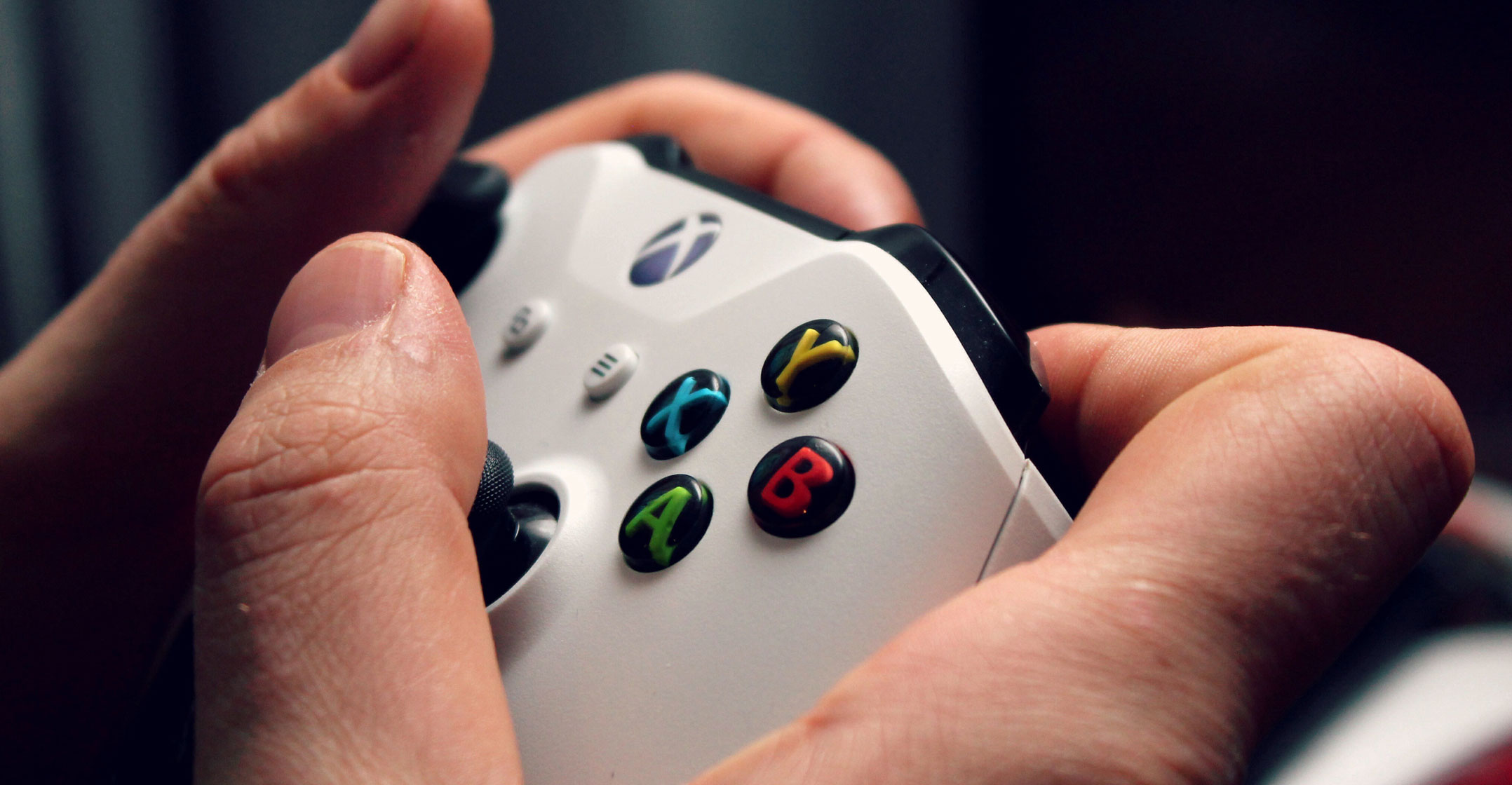 Sony’s revamp of its PlayStation subscription service is a major step towards levelling the playing field with Microsoft’s rival Xbox Game Pass, although holding back new releases may dampen enthusiasm, analysts say.
Sony’s revamp of its PlayStation subscription service is a major step towards levelling the playing field with Microsoft’s rival Xbox Game Pass, although holding back new releases may dampen enthusiasm, analysts say.
Sony said its expanded PlayStation Plus service will offer hundreds of games, including recent hits such as Spider-Man: Miles Morales, for a flat monthly fee when it launches in the US, Europe and Japan in June.
The service will not include new releases, Sony Interactive Entertainment CEO Jim Ryan said, but users can still find big-budget titles such as Returnal and God of War.
“There will be more from PlayStation Studios, and all of the major publishers will be represented,” Ryan said.
Sony is widely seen as leading in the console war, selling 17 million PlayStation 5 units even as chip shortages hit production, but has been under pressure to respond to the growth of Netflix-style game subscription services.
The revamped Sony service combines the current PlayStation Plus, which has 48 million subscribers and offers online gaming and only a few free games each month, with PlayStation Now, which has 3.2 million users and a library of games to download and stream.
There are three tiers, priced at US$9.99 to $17.99 monthly or $59.99 to $119.99 annually. The lowest-price tier, PlayStation Plus Essential, looks like Sony’s current offering.
PlayStation Plus Extra adds a catalogue of PS4 and PS5 games. PlayStation Plus Premium offers a further library of older titles, cloud streaming in major markets and time-limited game trials.
Such streamlining is “overdue”, said Lewis Ward, head of gaming research at IDC. “The number of PlayStation subscribers in the higher two tiers… will tick up over time, which is undoubtedly a core reason for this change.”
High cost
Given the high cost of developing new games, analysts had raised concerns that pressure to bundle more content with subscriptions may eat into profit at Sony’s coveted games unit.
Sony will seek to preserve new game sales alongside the subscription service.
“I think this move should improve margins, as more gamers will be driven to higher-cost subscriptions,” said Piers Harding-Rolls, head of games research at Ampere Analysis.
“If content acquisition costs do increase, Sony will need to balance that with the additional revenue it will be generating from the PS Plus subscriber base,” he added.
Microsoft is aggressively growing Game Pass, which has 25 million subscribers, by adding new titles on their launch day while buying studios to expand its offerings. In January, the Redmond, Washington-based firm struck a $68.7-billion deal for Call of Duty publisher Activision Blizzard.

Sony, which has built its own in-house studio network, responded by buying Destiny publisher Bungie for $3.6-billion, with many analysts expecting further deal making.
Microsoft has gained an early lead in subscriptions, accounting for 60% of the games subscriptions in North America and Europe, compared to 7% for Sony, according to Ampere Analysis. Subscriptions make up only 4% of total gaming spending.
“PlayStation believes it is smarter for them and for third-party publishers to put older games into the subscription plan so that new games can maximise their revenue potential during their launch windows,” said IDC’s Ward.
That hesitance means Sony’s offering “won’t have the pull of Microsoft’s service”, added Ampere’s Harding-Rolls.
Sony’s newly announced pricing is seen as competitive. The premium tier’s $120 annual fee compares to $180 for Game Pass Ultimate. Both offer cloud gaming, with Sony users able to stream titles to their consoles and PC.
Cloud gaming is seen as the future for the industry, because it doesn’t require downloading or installing games on a console or PC
Cloud gaming is seen as the future for the industry, because it doesn’t require downloading or installing games on a console or PC. That is a potential threat to the console business, whose operators that have acted as industry gatekeepers.
An annual subscription to the mid-tier PlayStation Plus Extra, which lacks this cloud-gaming feature, works out at just over $8 monthly, compared to $9.99 for the Game Pass. “Value and pricing of that nature would simply not be possible if we were to put our new games into the service upon their release,” said Sony’s Ryan.
Microsoft has said that Game Pass subscribers play more games and spend more on games, too — a view echoed by Sony. “Everything comes down to engagement,” Ryan said. “If you get people engaged on your platform, monetisation typically follows.” — Sam Nussey and Dawn Chmielewski, (c) 2022 Reuters

